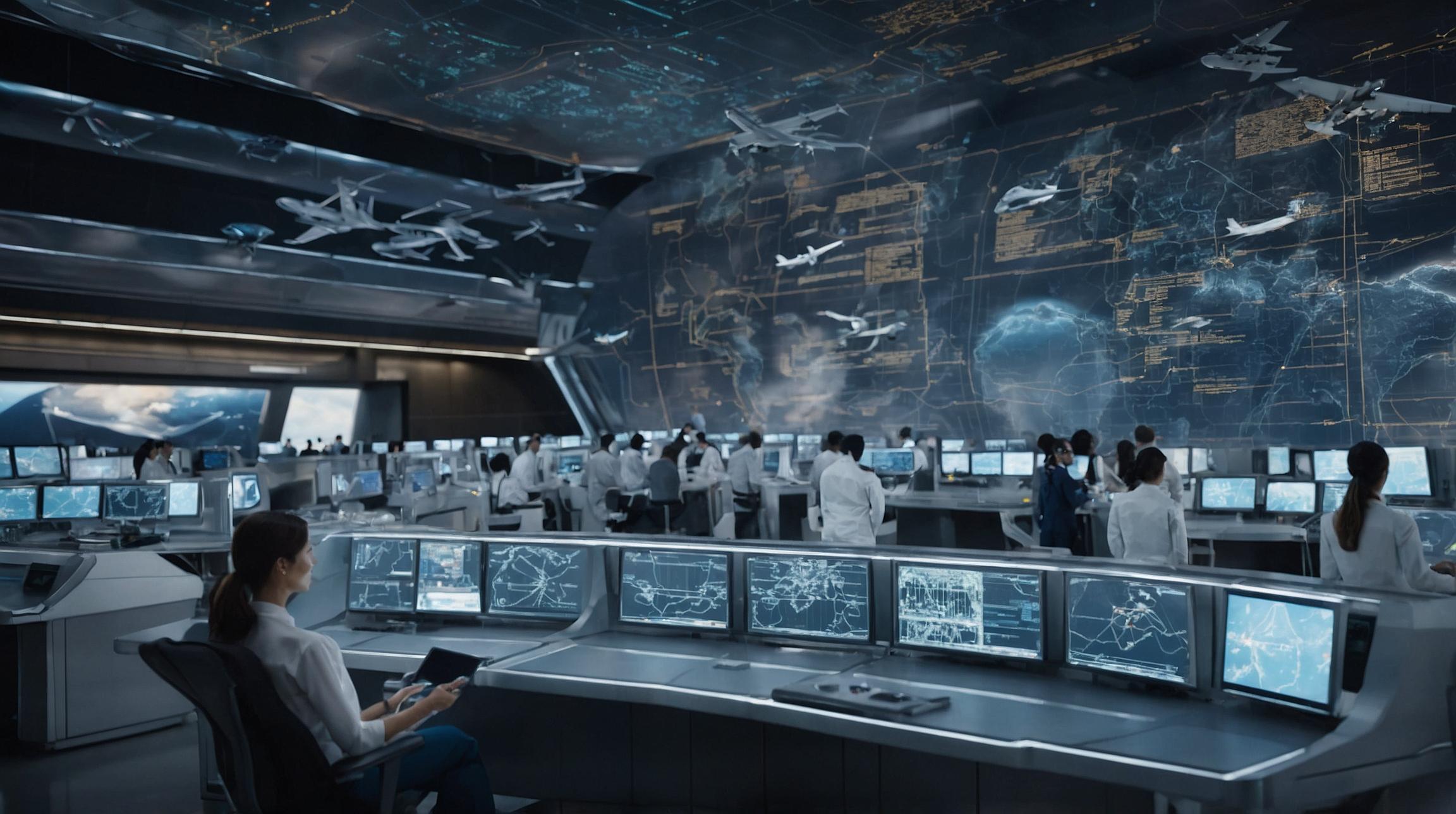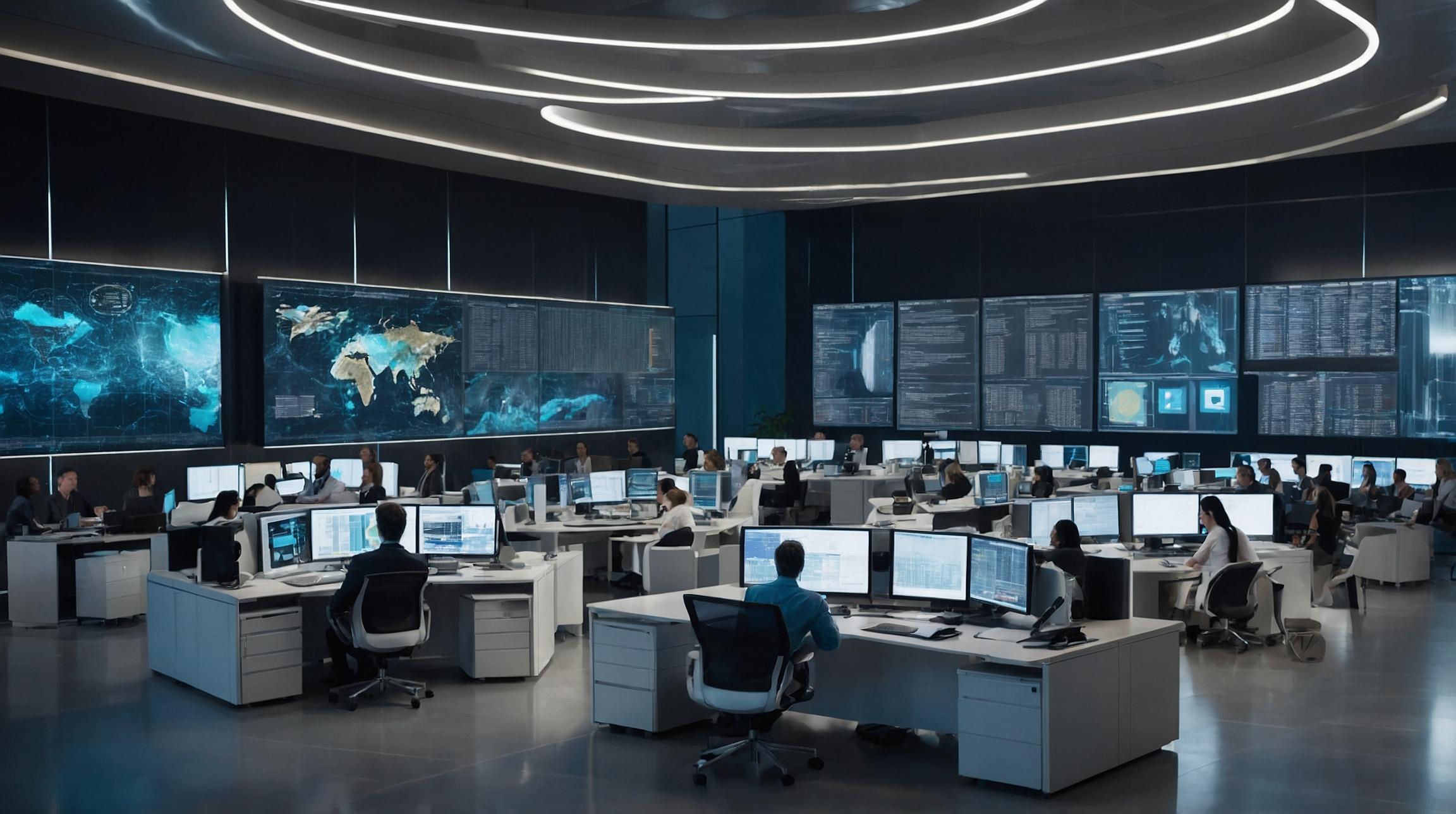Enhancing Route Efficiency
Airlines globally spend a significant sum, approximately $215 billion annually, on route optimization. This process is intricate due to numerous variables like air traffic, fluctuating fuel prices, and weather changes. AI tackles these challenges by gathering data and applying complex algorithms to find optimal flight paths. For instance, Flyways uses AI to identify less congested routes, saving Alaska Airlines 480,000 gallons of fuel and reducing CO2 emissions by 4,600 tons.
A Push Towards Single-Pilot Operations
With advancements in AI, the idea of single-pilot operations in commercial aviation is gaining traction, although it remains controversial among pilots who view it as a safety risk. AI technologies could potentially reduce piloting errors and enhance flight safety. Airbus highlights automation's role in improving operational efficiency, though challenges like potential job losses and technological reliability remain.
Error Fares Might Be ‘A Thing of the Past’
Error fares, like the ones where All Nippon Airways and Cathay Pacific mistakenly offered premium tickets at significantly reduced prices, cost airlines hefty sums. AI helps mitigate these errors by quickly identifying and correcting pricing mistakes. ATPCO's system allows airlines to cancel error fares rapidly, aiming to minimize financial losses.
Predictive Maintenance for Engine Health
Predictive Engine Maintenance (PEM) leverages AI to forecast potential mechanical issues before they occur, reducing unexpected downtime. A survey of aviation personnel shows a strong desire to improve predictive capabilities, with AI solutions like Lufthansa Technik's Condition Analytics already saving costs and enhancing reliability.
Optimizing Fleet Operations and Management
AI enhances fleet management by predicting the need for spare parts and expediting check-ins through facial recognition. For example, Swiss International Air Lines saved $5.4 million by integrating AI, which also improved efficiency metrics for over half its flights. AI also aids in accurate weather forecasting, as demonstrated by Lufthansa, significantly improving operational punctuality at airports.













